Staying hydrated is an important part of overall good health. Water plays a vital role in regulating our body temperature, moisturizing skin, and tissues, cushioning joints, and supporting healthy bowel movements (1).
Did you know? Our bodies are made up of two thirds water, and our organs, cells, and tissues all require water to function properly (2). So it is no surprise that water is essential for your body to survive.
Drinking water frequently is crucial, since the body loses water during the day through our skin, breathing, and when we use the restroom. Many people become dehydrated because they don't drink enough water or because they lose fluids and don't replenish them. We require 8 glasses of fluids daily – more if it’s hot out or we’re physically active.
Dehydration can make us feel drained, give us headaches, and make it hard to focus. What are the other symptoms and warning signs of dehydration?
Urine that is dark and has a strong scent indicates that you need to drink more fluids.
Pain when urinating
Fatigue
Dizziness
Headaches
Lack of concentration
Thirst
Dry mouth
Benefits of staying hydrated:
Enhancing physical performance
Significantly improves mental performance and energy levels – After exercise, fluid loss of as little as 1.4% can affect mood and concentration (3).
Prevention and treatment of headaches -Drinking an additional 1.5Litres of water per day was shown to reduce headache frequency and symptoms (4).
Help with hangovers – Due to its diuretic properties, alcohol causes you to lose more water than you take in. This could result in dehydration (5).
Can aid in weight loss -This is because water can improve metabolic rate and increase satiety (6).
Unfortunately, even slight dehydration can affect you physically and mentally.
Our top 5 tips to stay hydrated:
Drink a glass of water as soon as you wake up
Purchase a 2 litre reusable water bottle fill it as soon as you get up and drink it throughout the day
Use mealtimes as a reminder to have a glass of water
Experiment with flavours to maximise enjoyment – Add slices of fruit, herbs, ice or even a low sugar/sugar free dilute to get the fluids in
Eat more fruit and vegetables – It is estimated that about 20% of our total fluid intake comes from the food we consume. Fruit and vegetables are made up of 80-90% water and so are a great way to get in those extra fluids.
Resources:




